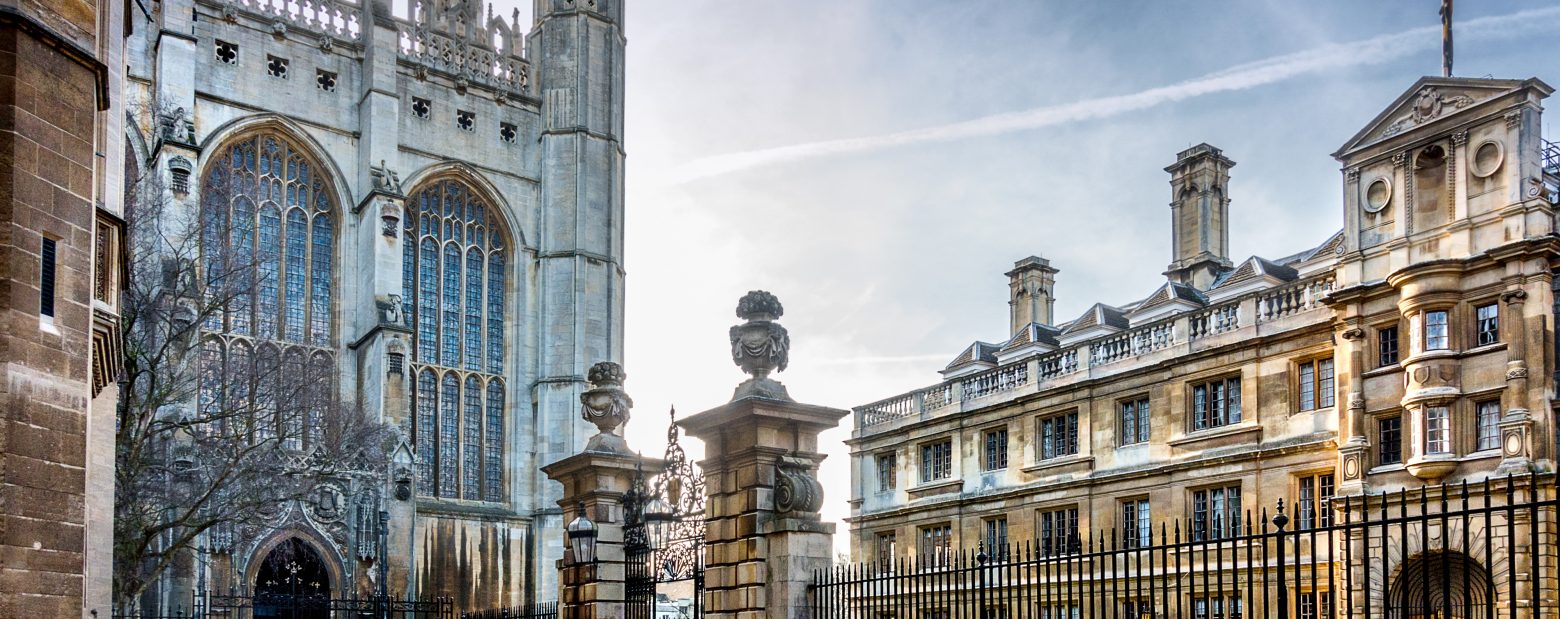GCSE Subjects
Art & Design
GCSE Art and Design is conducted as a one year course during which students will produce a portfolio project (unit 1a) and a mini-project (unit 1b). After Christmas students will also complete a controlled assessment project, choosing a question from a number set by the exam board (unit 2).
Biology
Students are given the opportunity to acquire the skills, knowledge, and understanding necessary for progression to further learning. In addition to developing an understanding of scientific concepts, the course is designed to develop students’ ability to apply ideas and evaluate information.
Business Studies
The topics cover the five functional areas: human resources, accounting and finance, marketing and production and considers business activity and the changing external environment, whilst teaching students how to analyse, evaluate and apply their business knowledge to different business scenarios.
Chemistry
Can we do anything about global warming? What is nanotechnology? What happens when substances change state? Why do some things react quickly and others slowly? Do you have questions about the world around you? Come and study Chemistry to get some answers!
Economics
We will help you appreciate how economics contributes to an understanding of wider economic and social environments and develop your understanding of a range of concepts and the ability to use them in a variety of different contexts. We encourage you to think as an economist and use an enquiring, critical and thoughtful approach to your studies. You will develop the skills, qualities and attitudes which will equip you for the challenges, opportunities and responsibilities of adult and working life.
English Language
You should enjoy analysing novels, poems, and plays both in class and in essays, and already be getting good marks for doing so. It is very strongly recommended for students who want to study any essay based analytical A level subjects, such as English Lang/Lit, History, Politics, Classical Civilisation or Media Studies.
Geography
GCSE Geography enables students to:
- Develop and extend their knowledge of locations, places, environments and processes, and of different scales including global; and of social, political and cultural contexts (know geographical material).
- Gain an understanding of the interactions between people and environments, change in places and processes over space and time, and the interrelationship between geographical phenomena at different scales and in different contexts (think like a geographer)
- Develop and extend their competence in a range of skills including those used in fieldwork, in using maps and Geographical Information Systems (GIS) and in researching secondary evidence, including digital sources; and develop their competence in applying sound enquiry and investigative approaches to questions and hypotheses (study like a geographer)
- Apply geographical knowledge, understanding, skills and approaches appropriately and creatively to real world contexts, including fieldwork, and to contemporary situations and issues; and develop well-evidenced arguments drawing on their geographical knowledge and understanding (applying geography)
History
History isn’t all about learning dates. As well as learning about interesting events, people and periods, you will develop a wide range of skills that can be transferred to future studies and careers. History requires you to develop your ability to analyse information, evaluate arguments and engage in debate. In addition, it will greatly enhance your literacy skills.
Mathematics
We cover the six main areas of Mathematics:
Number – including fractions, percentages, indices
Algebra – including solving equations and using formulae
Geometry – including angles in a variety of shapes
Measures – including perimeter, area and volume
Statistics – including calculating averages and spread and drawing statistical diagrams
Probability – including two way tables and expectation
Physics
The world we live in has been completely transformed by the scientific developments of the last 200 years. In GCSE Physics you will learn about some of the most important discoveries and gain an understanding of how some of the advances were made and verified.
Sports Science (this is a qualification equivalent to a GCSE)
This is a new course available to GCSE students from the 2021 / 2022 academic year. Students will study four topics throughout the course, which are;
1. Reducing the risk of injuries – Students learn how to prepare participants to take part in physical activity so that they minimise the risk of injuries. They also learn how to respond to common sporting injuries and how to recognise the symptoms of some common medical conditions.
2. Principles of Training – Students develop knowledge and understanding of the principles of training and how to keep performers in peak physical condition. They apply practical skills in fitness testing and in designing bespoke training programmes to suit individual requirements.
3. Anatomy and Physiology – Students explore how the body changes and responds to physical activity. They develop knowledge and understanding of the musculoskeletal and cardio-respiratory systems and some of the changes that occur in response to physical activity, both short term and long term.
4. Sports Nutrition – Students explore the role that diet plays in different sports and activities and the importance of a healthy, balanced diet that includes essential nutrients in the correct quantities. They use the knowledge they gain to produce an appropriate, effective diet plan for a performer.
This qualification is suitable for anyone who enjoys Sport or might want to pursue a career in Sports Science, Medicine, Physiotherapy or Nutrition




